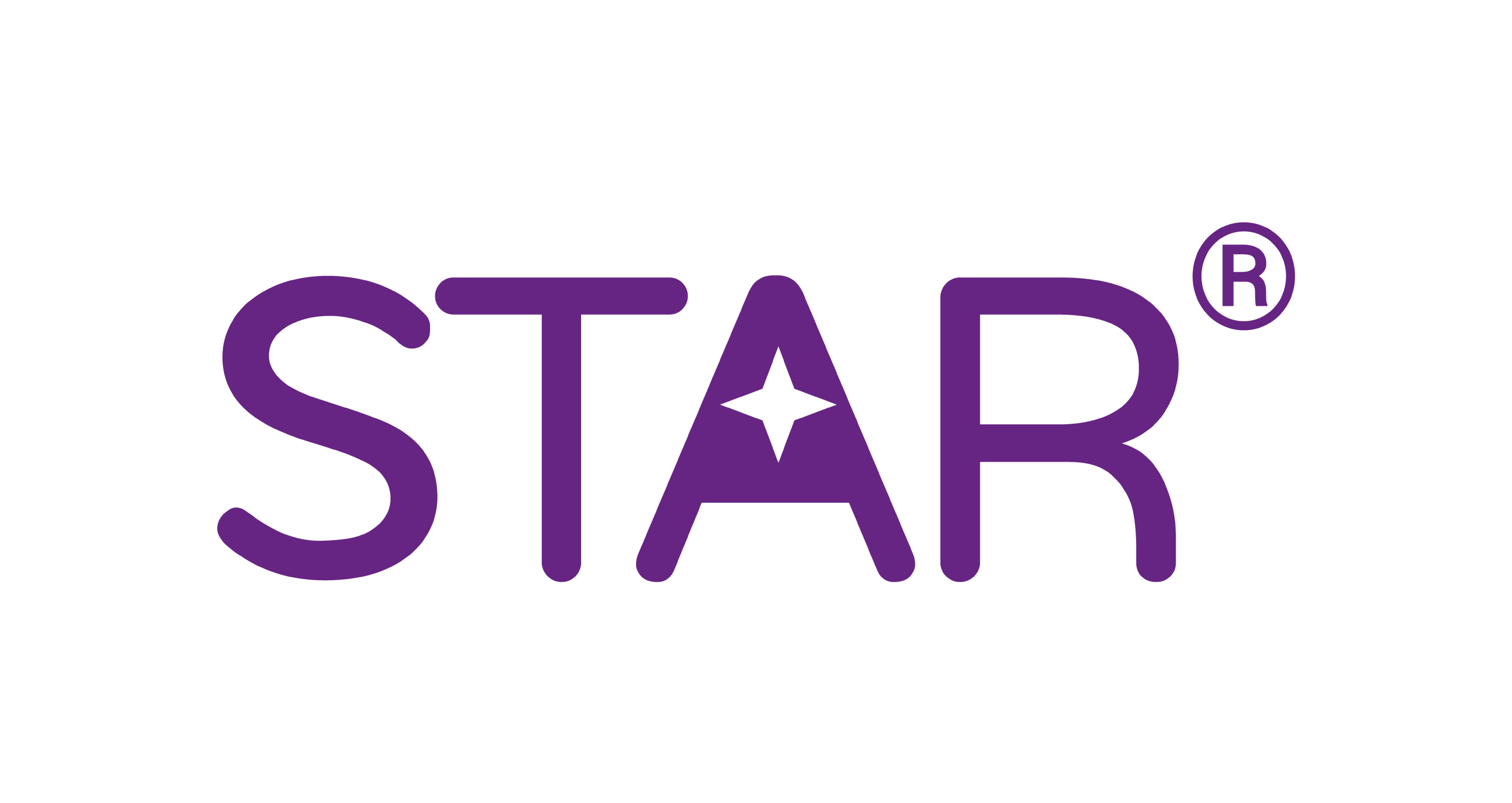
From the outset of the pandemic, organisations in every sector have been confronted with major challenges, many of which have also threatened their future survival.
In the retail sector, some organisations fared better than others. Those already set up for omnichannel trading, for example, were able to outperform their competitors and experience growth.
Tesco’s CCO Jason Tarry said “We operate in a highly competitive and fast-paced market, and our customers are shopping differently, especially since the start of the pandemic. We are always looking at how we can run our business as simply and efficiently as possible so that we can reinvest in the things that matter most to customers.”
Much of the growth across the sector (90%) was generated by what McKinsey describe as the Mega 25 – the others lagged behind and befell the consequences of frequent store closures, supply chain problems, overnight changes in consumer and shopper behaviour, increases in home delivery and online trading, staff shortages and huge levels of ongoing uncertainty.
This has taken a toll on large portions of the retail workforce. Now that the end of Plan B (and the easing of covid-related restrictions) is paving the way for more hope and positivity in the economy, where have all of the retail workforce gone?
In November 2021, retail had the second-highest quit rate (4.4%) of any sector and a whopping 94% of all retail leaders reported they were worried about talent shortages.
In November 2021, retail had the second-highest quit rate (4.4%) of any sector and a whopping 94% of all retail leaders reported they were worried about talent shortages.
The long term impacts of mass layoffs, furlough programmes and the stress and overwhelm of a stretched
workforce who battled through on the frontline, are yet to fully materialise.
Retailers have a window of opportunity to take action and change the fate of their workforces; the speed at which they do so will be a critical success factor and those slow to change will still be at risk. But with the multitude of other pressures being faced right now – including supply chain issues, more complex legislation, rising energy costs, inflationary wage pressures and having to make decisions on how much of these rising costs can be passed onto customers versus taking a hit on margins – how can the talent shortage be overcome?
Retail leaders need to do stuff differently …help their existing talent to change the way they’re working …become more efficient, effective and productive…not by working harder or faster..
For retailers to strengthen their position and create organisations in which people want to work (and stay), they must urgently re-evaluate their talent strategies and identify new and distinct solutions to engage, develop and retain employees that can be implemented quickly, at scale and without breaking the bank or adding more pressure to the margins.
Retail leaders need to start doing stuff differently and learn how to help their existing talent to change the way they’re working to become more efficient, effective and productive, but not by working harder or faster.
So what can retailers do?

Equip retail leaders and managers with the right skills – The HOW not just the WHAT
One of the key factors causing talent shortages in retail is a lack of correctly skilled people in the sector
According to research by Fourth, one of the key factors causing talent shortages in retail is a lack of correctly skilled people in the sector (37%). This might cause a well-intentioned L&D team to start putting in place training plans and
programmes that will upskill their frontline retail workers. But this would be a knee-jerk reaction. No amount of store training, customer service training or product knowledge will compensate if those ‘running the show’ are unable to cultivate an inclusive, engaging and collaborative environment where people are excited to bring more of themselves to work and contribute at a higher level.
Retailers should be paying more attention to upskilling the capability of their managers and leaders to change their day-to-day management style
So rather than focus on the ‘physical’ skills required to work in frontline retail, retailers should be paying more attention to upskilling the capability of their managers and leaders to change their day-to-day management style to one that
naturally drives higher engagement and better outcomes.
This is less about the physical skills of workers and more about the social and emotional skills that McKinsey predicts will be a top priority for retail workers by 2030.
The typical management training programme is unlikely to make the grade
The typical management training programme is unlikely to make the grade because what’s required to meet tomorrow’s challenges is less about what managers do and more about how they do it.
Unfortunately, this is overlooked in most management training programmes. This needs to change, and change quickly.

Training in itself can help improve retention. A recent survey by Digits shows that people who have been offered no training are 36% more likely to leave their job than those who have been offered regular training.
However, having retail managers set aside days/weeks from their high-octane, busy, complex and challenging roles to attend management training programmes is probably inconvenient and unrealistic; worse still, by adding this extra pressure it could cause more harm than good in terms of their overall engagement. So removing this barrier and finding ways to upskill retail managers in a more accessible way is essential to success.
Most virtual training … whilst enjoyable and interesting to watch, there is little evidence that it delivers any long term behavioural change in the capability of the managers or measurable ROI
In fact, 60% of retail employees desire training to be delivered digitally and 74% of retail workers welcome mobile training as a key part of their learning programme. The issue, though, with most virtual training is that whilst enjoyable and interesting to watch, there is little evidence that it delivers any long term behavioural change in the capability of the managers or measurable ROI.

Stop Telling Start Asking
50% of employees leave to get away from their managers
According to a Gallup survey, 50% of employees leave to get away from their managers, so the key to solving the retention problem in retail can be found in the management team.
One of the first and most important things a retail manager can do to increase employee engagement is to change the way they behave when they engage with their people.
On average, managers are interrupted between 16 and 20 times a day by team members needing their help. These are missed opportunities. Very often these interactions end up with managers either telling the team member what to do or even doing it for them.
This not only disempowers the team member but disengages them from what they are doing, preventing them from learning and growing in their role, and ultimately reducing their contribution and their job satisfaction. But when managers adopt more of an Operational CoachingTM approach and ask better questions of their team members, they effectively invite more ideas, innovation and collaboration which ultimately leads to greater levels of resourcefulness and better solutions.
In a recent study… into management performance this shift in approach [using higher levels of enquiry] improved retention by a factor of 6 times
By using higher levels of enquiry in their day-to-day interactions, retail managers can provide all of their team members with a voice and a meaningful role to play, thereby increasing engagement and reducing employee attrition.
In a recent study commissioned by the UK Government into management performance, this shift in approach improved retention by a factor of 6 times.
How can retailers make these changes quickly and easily?
The participants… increased their management capability in all nine areas measured and delivered an average learner ROI of 74 times the programme investment
The study proved that when leaders and managers adopted Operational CoachingTM as their primary leadership style they spent more time coaching and leading and less time doing as their teams stepped up to do the doing. The organisations in the study improved their retention by a factor of 6 over the control
group, employed more people (but needed less managers) and had faster growth (measured by gross asset value). The participants also increased their management capability in all nine areas measured and delivered an average learner ROI of 74 times the programme investment (including all built-up costs).
The study was a blind study with one group of organisations giving their managers access to the multi-award-winning STAR® Manager programme and a control group who had no access to STAR®. During the study period of 6-months, the pressure of the pandemic showed the managers in the control group doing even more doing and less coaching and leading than at the start of the study and they were less successful in retaining their staff.
STAR® is a completely virtual management training programme that wholly focuses on transforming management behaviour by equipping leaders and managers with Operational CoachingTM skills. Operational CoachingTM is a way of managing that would help retail managers to utilise more of an Enquiry-Led Approach (ELA®) in their everyday operational situations, improve retention and drive overall productivity.
Choose fast, convenient, flexible and scalable management training
As easy to implement for one thousand retail managers as it is for one manager …scalable across divisions, regions and countries.
It’s also very flexible. There are no course dates to wait for or diaries to coordinate; learners can get started immediately and progress through their programme according to their own schedules. The programme is just as easy to implement for one thousand retail managers as it is for one manager, without
requiring any of those managers to have any downtime, thus making the programme easily scalable across divisions, regions and countries. It can also be completed anywhere and anytime on any device, giving retail managers the ultimate choice in how and where they learn. This learning autonomy helps learners to take ownership over their development and keeps their engagement levels high.
And just in case covid throws retail any more curveballs, the STAR® Manager programme can continue to run on rails regardless of store closures, social distancing and travel restrictions, thereby avoiding further disruptions to the training and development of retail workers.
From the very first module of STAR® Manager, learners complete workplace ‘missions’ that mobilises their learning, allowing them to make incremental changes to their behaviours and invite a different outcome at the point of need, rather than waiting until the end of a long, drawn out programme.
…make the connection between employee engagement and customer satisfaction and profitability
This ensures the learner ROI is fast and tangible, working further to engage the learner in their own development. In fact, the time to value for the programme was estimated to be achieved just 25% of the way
through the programme as learnings and new skills are implementable immediately and successes are captured early.
And, these numbers matter because training retail managers is not just a ‘nice to do’, it’s a commercial imperative. As CEO of Notion pointed out: “Many leaders and managers don’t make the connection between employee engagement and customer satisfaction and profitability but it is critically important. All retailers who want to be competitive and thrive post-pandemic must look at how their leaders and managers are engaging with their people and take steps to embed these Operational CoachingTM behaviours that have been proven to quickly transform management behaviour in a way that increases performance, productivity, collaboration, engagement and, notably, retention.”
Quick Takeaways
- More people are quitting retail than in almost any other sector
- Retail leaders must act now to accelerate management behaviour change, increase engagement and slow down attrition
- Reskilling and reinventing the way retail leaders and managers engage with their teams is a critical move in gaining an advantage over the competition for talent
- Management training solutions should be proven to work, quick to implement, easily scalable and deliver fast and tangible ROI
- Changing managers’ behaviour from tell to ask can transform engagement and improve retention
- Operational CoachingTM is a tested and proven new management practice and leadership approach that can be quickly and easily embedded throughout retail organisations using the multi-award-winning STAR® Manager programme
- The STAR® Manager programmes offer retailers a solution that gives learners a bespoke experience while simultaneously giving the organisation the capacity to implement the programme at scale and drive real momentum in the sector
- STAR® has been academically and statistically proven (evaluated by LSE and BEIS) to change managers’ behaviour in 6-months and increase time spent coaching in their day to day interactions by 70%




